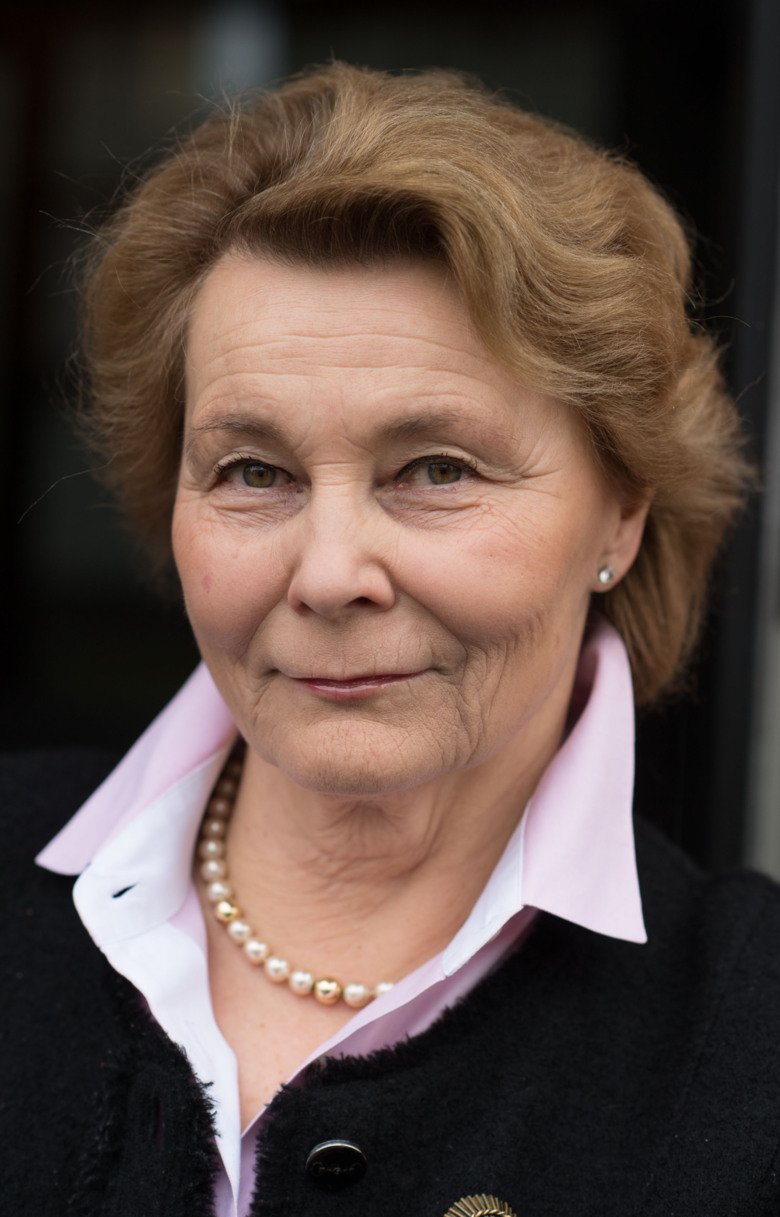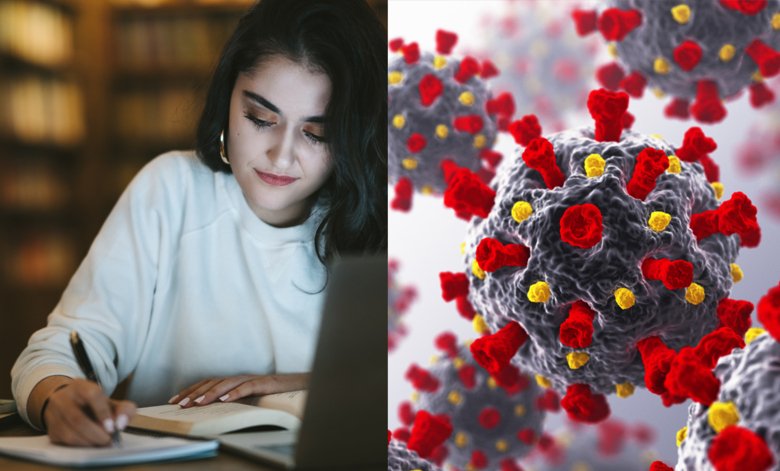COVID-19 offers the opportunity to study a unique natural experiment
Danuta Wasserman is a professor of suicidology and head of the NASP at Karolinska Institutet. She has instigated a global research project in response to the COVID-19 pandemic.

Text: Annika Lund, first published in the magazine Medicinsk Vetenskap No 3/2020
Please, tell us about it!
“The COVID-19 situation offers us the opportunity to study a unique natural experiment. Together with the World Health Organization (WHO), we will be following developments in mental health and suicide statistics in approximately 15 countries in Africa, Asia, Europe and South America in relation to COVID-19. The study has several legs: in some we will be studying the incidence of suicide in relation to a wide range of parameters in all of these countries; for example, what kind of social safety net and access to healthcare they have, but even the form alcohol and drug use takes in various cultural contexts. This part will be conducted in collaboration with international research networks, some of which a led by former students from the NASP and Karolinska Institutet. We will also be conducting a randomised study in which we will be examining the role of social support in preventing suicide.”
What kind of social support?
“In addition to the conventional treatment, we will be offering survivors of suicide attempts regular contact with a community volunteer who will call on several occasions over a period of up to 18 months after they have been discharged from hospital. These volunteers will ask questions about their situation and help those who require additional healthcare or other support to obtain it.”
Have you studied any natural experiment before?
“Yes, I had the opportunity to do so between 1984-1990 during perestroika, the major reform programme in the former Soviet Union. This involved a major alcohol reform with reduced production of legal alcohol, which led to changes in attitudes to alcohol.”
And what did you see then?
“The suicide rate declined significantly in all Soviet republics among both men and women, regardless of the situation in the republic in question before the alcohol reform. Suicides decreased by 32% among men in the Soviet republics compared to only 8% in the 22 European countries we studied over the same period.”
What conclusions did you draw?
“We estimated that alcohol consumption could be described as a contributing cause in 50% of male and 27% of female suicides. The results demonstrate the negative role of alcohol as self-medication and a trigger for mental illness and suicide.”
Do you need someone who listens?
Mind suicide hotline: Tel. +46(0)8 90101 and chat room at all hours
Children's hotline BRIS: Tel. +46(0)8 116111 all days between 14 and 21 hrs
In an emergency: Call 112 (in Sweden)
 Photo: Sofia Lindberg
Photo: Sofia LindbergResources for mental wellbeing
The COVID-19 pandemic is unsettling; it brings about uncertainty and forces change upon us. Therefore, the Swedish National Centre for Suicide Research and Prevention has put together evidence-based resources to to help people manage possible negative mental health effects.
